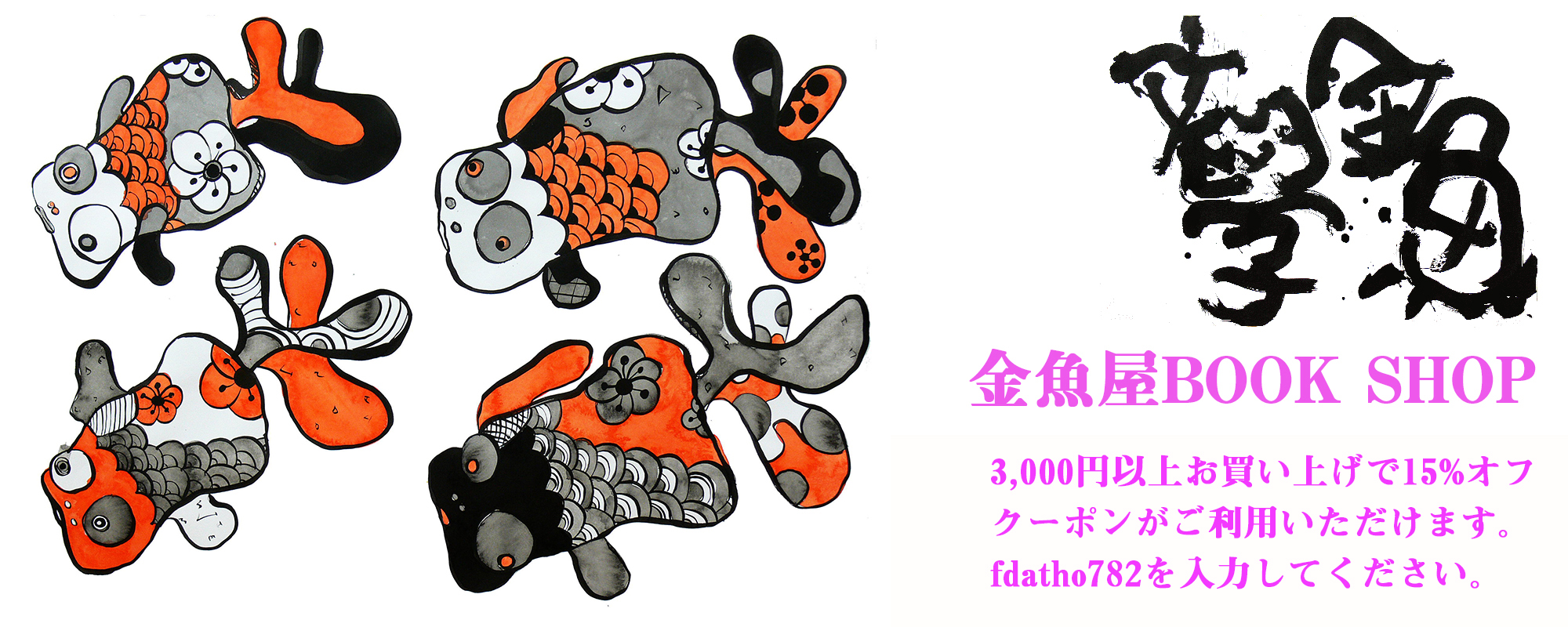Amazon Prime TV
American FX channel production
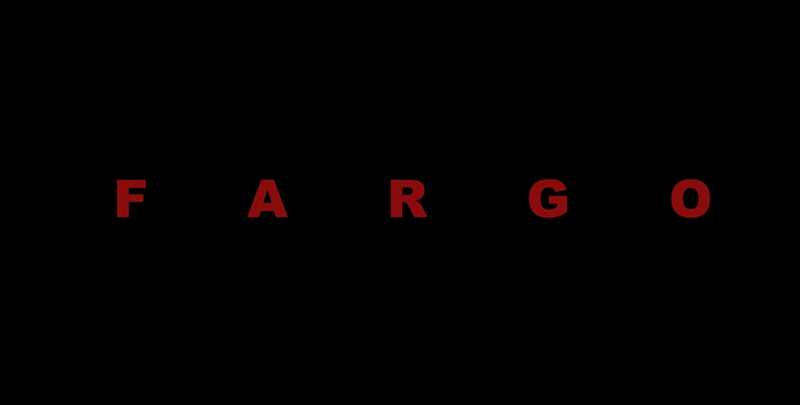
FARGO, directed by Ethan and Joel Coen, does not feature a handsome Superman-like protagonist, nor does it feature flashy car chases or gunfights, but it has a truly strange flavor that makes it a big hit. One of the major factors is snow. The setting is Minnesota in the American Midwest. The incident takes place in the winter, so the movie was filled with snow from beginning to end. This snow symbolized the coldness of the story. You could say it’s a depiction of brutal American society, similar to Truman Capote’s “In Cold Blood.”
However, there is a reason why the story is not set in a big city, but in rural Minnesota, which has an image of being tacky and conservative in America. It is easy to express American ethics against violent crimes of selfish people. Snow is also a symbol of the pure ideals that Americans hold deep within their hearts.
The movie was a big hit, and perhaps because the contrast between dark violence and pure white snow was so appealing, a television drama series was subsequently created, executive produced by the Coen Brothers. It is a popular series that has continued up to Season 5. I’ve watched the entire series of “FARGO” because its worldview is so appealing, but the latest Season 5 was a masterpiece.
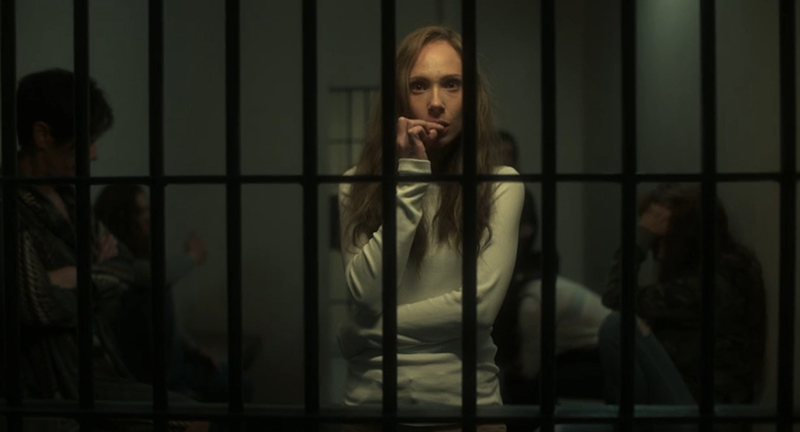
Juno Temple as “Dorothy”
In the movie version, a caption appears at the beginning that says, “This is a true story,” and “Names have been changed at the request of the survivors, but other details have been faithfully depicted out of respect for the dead.” The same goes for dramas, but this is a lie. However, the TV series references the original movie setting in some way. Season 5 is also set in Minnesota, the season is winter, and kidnappings and murders occur. However, the theme is very different from the movie.
The main character of Season 5 is Dorothy, a housewife. She is a small, thin woman. While attending secondary school’s fall festival committee with her daughter, Scottie, a brawl broke out between the parents of the PTA for reasons unknown to her. Dorothy tries to leave the venue while protecting her daughter, but she uses a self-defense Taser to knock out the school teacher, security guard, and police officer who approach her. Dorothy tries to explain that she is a conditioned reflex, but she is arrested for assault.
There is a reason why Dorothy is so sensitive to violence. In the past, she was forced into marriage and abused by Roy, a sheriff and farmer in the neighboring state of North Dakota. Roy is the elected sheriff of the government, but he is a troublesome man who makes his own laws and rules the municipality as a tyrant. In the United States, there have been similar cases involving cults. Dorothy was his second wife, but ex-wife Linda was killed by Roy.
Ten years ago, Dorothy ran away from Roy’s farm, married her kind and timid husband Wayne, and gave birth to Scotty. After her arrest, her photo and fingerprints are registered in a database, and Roy learns her whereabouts. Roy is obsessed with Dorothy and tries to take her back. She fights off the assassins sent by Roy three times. When Dorothy escapes from Roy, she learns various self-defense techniques. But even though she is kidnapped and attacked, she stubbornly refuses to explain the reason. She wants to maintain her current normal life without letting anyone know about her past.
Her husband Wayne’s mother was Lorraine, a wealthy, cold-hearted businesswoman. She has never liked Dorothy and tries to get rid of her by revealing Dorothy’s secret. However, Lorraine changes her mind after speaking with Roy, who has come to negotiate with her in order to bring Dorothy back.
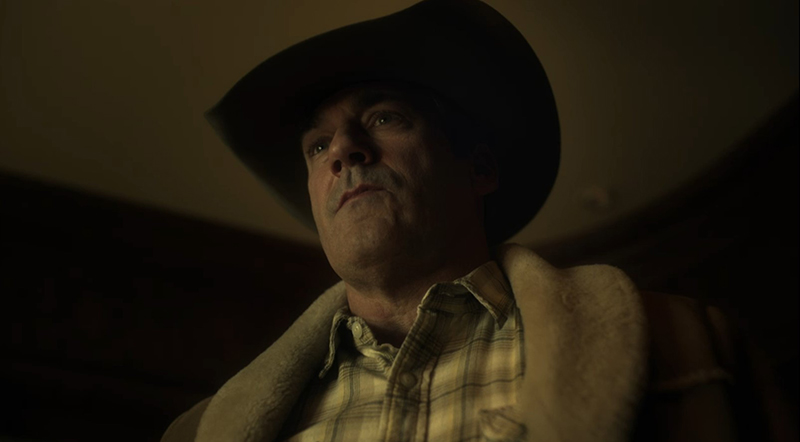
Jon Hamm as“Roy”
Roy says, “A wife is her husband’s property. It says so in the Bible. Your son is a thief who stole my wife.” Lorraine said, “Honestly, I would love to send Dorothy back to you right away, but if she disappeared for ten years, the marriage would be legally invalidated. And my son loves Dorothy, and she is the mother of a cute granddaughter, So now she’s my son’s property. If you back off, I’ll write you a check,” she says, pushing Roy away.
Lorraine can’t stand men who look down on women and treat their wives and lovers like property. She is a feminist in America, where domestic violence is far more serious than in Japan. In fact, domestic violence is a major theme in this drama. At the end of the drama, a caption reads, “If you are worried about domestic violence, please contact the police or a specialized agency.”
Dorothy is captured by Roy and imprisoned at the farm, but Lorraine uses her money and power to rescue Dorothy by mobilizing the police, who were pursuing Dorothy’s kidnapping and attack, and the FBI, who had previously marked Roy for violating federal law. Lorraine goes to see Roy in prison. Lorraine is a debt collector, she says she has set up a private fund to bail out indebted prisoners. She suggests that instead of helping the prisoners, she set Roy up as a target. When Roy says, “Are you asking me to die?” Lorraine replies, “I want you to live forever. I want you to experience the shame and fear that your wives experienced.” The drama’s theme of domestic violence is settled in Lorraine’s punishment scene.
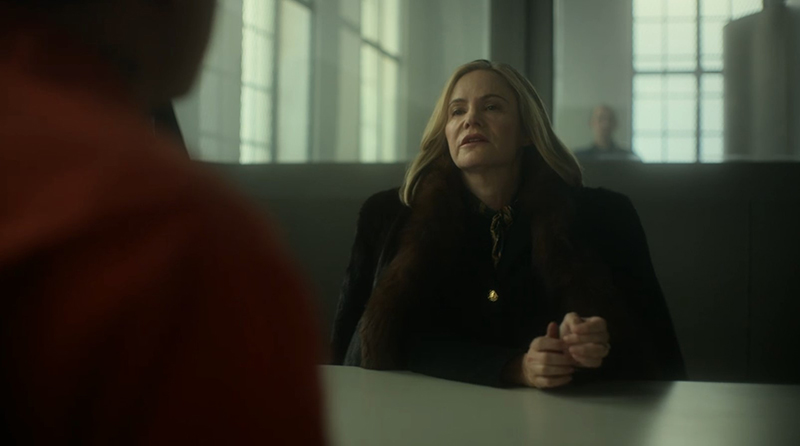
Jennifer Jason Leigh as“Lorraine”
However, that doesn’t make it worthy of the name “FARGO” series. The most “FARGO-esque” role in this drama is Oola Moonk, a criminal hired by Roy. At Roy’s request, Moonk and his partner kidnap Dorothy, but not only do they let Dorothy escape, but his partner is killed and he himself loses an ear. He says Dorothy is “a ferocious tiger.” Moonk has a different attachment to Dorothy than Roy. He shows up at Roy’s farm during a shootout with the FBI and helps Dorothy by saying, “It’s not fair to fight a caged tiger.”
When Dorothy returns home from shopping with her daughter Scottie after the case is resolved, her husband Wayne says, “You’re a customer.” She looks over and sees Moonk sitting on the couch in the living room. Moonk says, “Let’s settle our battle now.” Rather than fulfilling Roy’s request, he wants to fight Dorothy, who defeated him, and settle the matter. But Dorothy won’t take it. “I don’t know what you’re here for, but Scotty has school tomorrow, and dinner is about to start, so I want you to decide if you want to change the date or if you want to help us with dinner,” she said. Moonk is a ruthless killer, but for some reason he obediently washes his hands and helps the family prepare dinner.
While helping make dinner, Moonk tries to explain why he has to fight Dorothy. However, Dorothy refutes him, her talkative husband Wayne mixes things up, and Scottie interrupts him, so he is unable to accomplish his goal. Moonk ended up sitting around the dinner table with Dorothy’s family.
At the dinner table, Moonk says that he is a “Sin-Eater”. In medieval Wales, a Catholic ritual was practiced in which a person ate in front of a recently deceased person to take on that person’s sins. Moonk has been unable to sleep or die for 500 years since he ate sin as a sin eater. “The taste of sin was bitter,” he says.
Dorothy said, “I know. I was like that too. But you’re just made to believe you’re guilty. There’s a magic bullet. Eat food filled with love and joy. Then you’ll be forgiven.” she said, handing over the biscuits they had made.
Dorothy has the power to heal Moonk because she is a kind of caveman. Dorothy fights Roy out of her animal instinct to protect her small family. This is somehow similar to Moonk, who bears the burden of human original sin. Moonk gingerly picks up the biscuit. After taking a bite, Moonk, who had been frowning until then, smiles, and the drama ends.
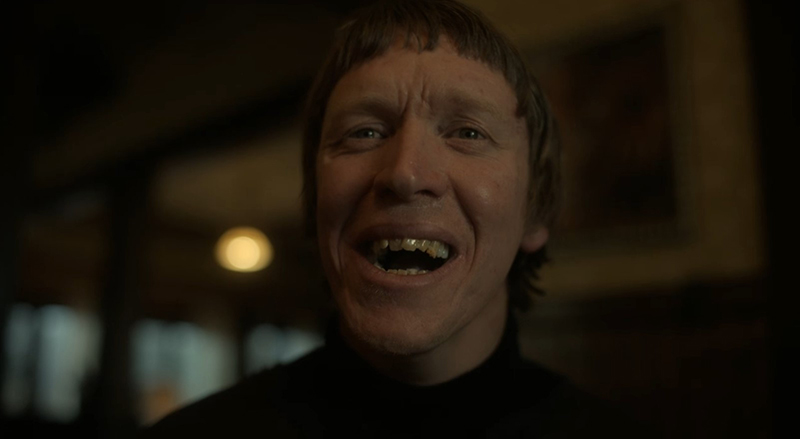
Sam Spruell as“Oola Moonk”
The three major elements of American dramas and movies are “money,” “violence,” and “love.” It’s almost a Trinity theme rather than three major elements. People are obsessed with making money, and complain that they don’t have any money. When faced with a crisis, they try to solve problems through violence. That’s what makes an exciting action drama or movie. Violent solutions, whether private or public, are permissible because it is for the sake of love. Money and violence are used for love of family, love of neighbor, love of homeland, etc.
Money, violence, and love are a trinity because America is literally the land of freedom. If humans are born free and have the right to exercise their freedom, then laws and unwritten ethics can sometimes constrain freedom and violate rights. There are many court cases in the United States where common sense does not apply. However, there are practical means to control and dominate free humans. It’s money and violence. There is love beyond the brutality of reality. Love is an abstract idea, but if America loses sight of it, it will be a real mess.
“FARGO 5” follows this trinity theme closely. Roy represents violence, and Lorraine represents money power. Roy’s violence is punished by Lorraine’s financial power, but it is an American battle between necessary evil and necessary evil. American ultra-realism does not hide that the essence of society lies in money and violence. There is a blatant reality that human society is ruled by powerful people with money or by violence. If you fight, either money or violence will win.
Needless to say, what the main character, Dorothy, represents is love. The person she confronts in the end is not Roy, the villain of the story. He is Moonk, who bears the burden of human original sin. The drama’s theme, the battle between violence and money over domestic violence, has been transformed into a fairy-tale-like story of human original sin and its forgiveness. However, this leap is persuasive. In the harsh real world, love tends to be temporary. But, love in the world of FARGO, surrounded by pure white snow, is pure abstraction.
America also has pure literature. Like Japanese poetry, there are very few readers. There are also many personal novels similar to Japanese pure literature. The content is dark and contrary to the cheerful and bright American public image. It may be darker than a Japanese personal novel. However, the way it is written is completely different. External description is more important than internal description. The protagonist’s inner self is expressed by where he lives, which supermarket he shops at, and what he wears.
Japanese people are steeped in American material civilization. However, American culture is completely different and a huge counterculture. You can see this in strange TV dramas like “FARGO 5” that are disguised as entertainment.
Yuji Tsuruyama (poet, novelist, critic)
■ 金魚屋 BOOK SHOP ■
■ 金魚屋 BOOK Café ■

